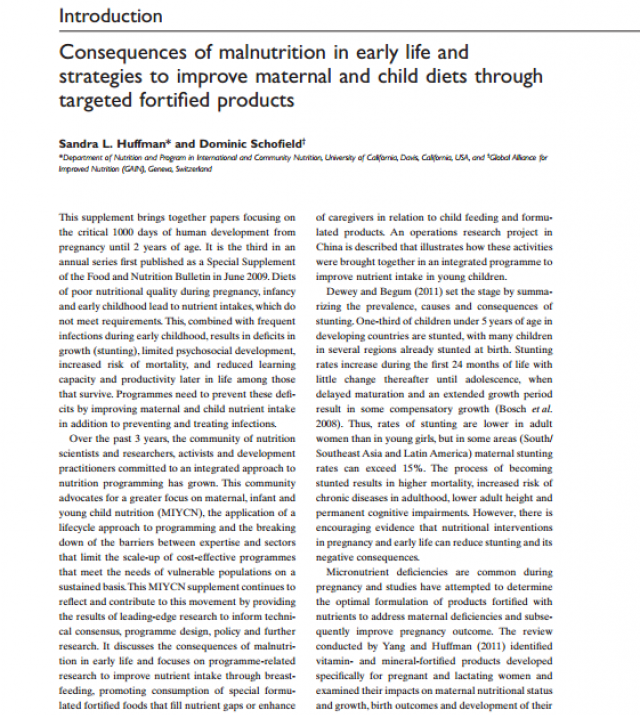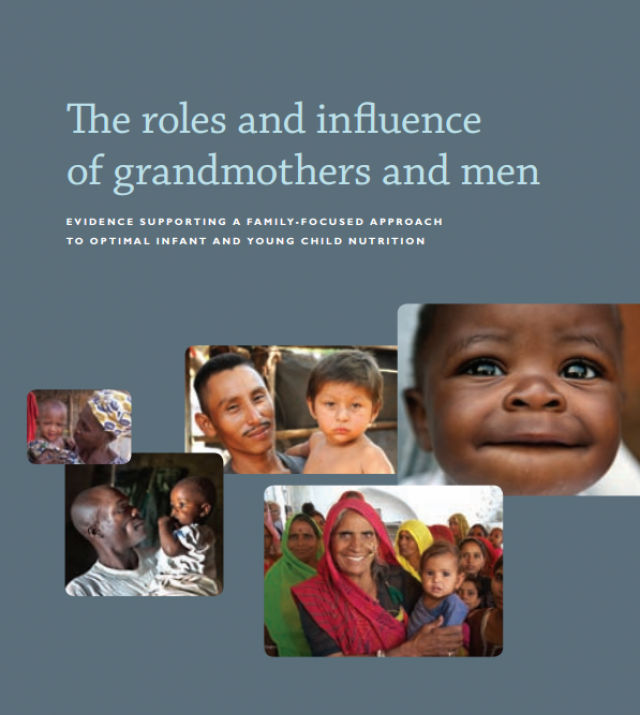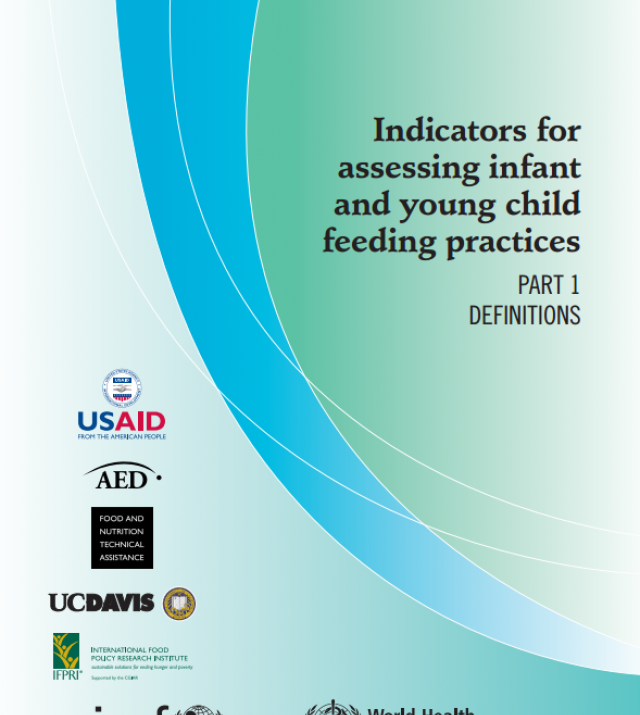
Behavior Change Interventions and Child Nutritional Status: Evidence from the Promotion of Improved Complementary Feeding Practices

The period of complementary feeding (6–23 months) is a time when young children are most vulnerable to undernutrition and consequent growth faltering. Feeding of children during this time, commonly referred to as complementary feeding, involves providing food in addition to breastmilk to meet the nutritional demands for childhood growth. It is well recognized that an underlying cause of child undernutrition is inappropriate feeding practices. Changes in behaviors related to feeding practices are possible through well-designed and implemented behavior change communication programs.
This review analyzes complementary feeding behavior change interventions aiming to improve complementary feeding practices and child nutritional status. Recommendations are made for their effective design and implementation. Critical to the success and sustainability of interventions is involving the needs and interests of the community.

